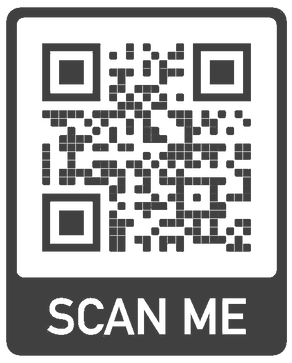 Bloating and abdominal pain are common symptoms that can be caused by a variety of factors, including digestive issues, stress, and dietary factors. While conventional treatments such as over-the-counter medications can be effective in managing these symptoms, acupuncture and Chinese Medicine may offer a complementary approach to reducing bloating and abdominal pain. Acupuncture is a traditional Chinese medicine technique that involves the insertion of thin needles into specific points on the body. It is believed to work by promoting the flow of qi, or energy, throughout the body. Acupuncture has been used for centuries to treat a wide range of conditions, including digestive issues such as bloating and abdominal pain.
One way that acupuncture may help manage bloating and abdominal pain is by regulating digestive function. Acupuncture can help stimulate digestive organs, such as the stomach and intestines, to function more efficiently. It can also help reduce inflammation and improve the absorption of nutrients. A systematic review of clinical trials found acupuncture to be effective in reducing abdominal bloating and distension. Another way that acupuncture may help manage bloating and abdominal pain is by reducing stress. Stress is a common trigger for digestive issues, and acupuncture has been shown to have a calming effect on the body. Acupuncture can help reduce stress by promoting relaxation and reducing the release of stress hormones such as cortisol. Chinese herbal medicine is another aspect of traditional Chinese medicine that can be beneficial for managing bloating and abdominal pain. Chinese herbal medicine involves using natural herbs and plant extracts to treat various conditions. In TCM theory, bloating and abdominal pain are often seen as a manifestation of an internal imbalance, such as a deficiency of qi or blood. Chinese herbal medicine can be used to address these imbalances and promote healing. In addition to acupuncture and Chinese herbal medicine, dietary therapy is another aspect of traditional Chinese medicine that may be helpful for managing bloating and abdominal pain. In TCM theory, certain foods can cause digestive issues, while others can help promote digestive health. A TCM physician may recommend dietary changes based on a patient's individual constitution and the nature of their condition. In general, a TCM diet for bloating and abdominal pain may include foods that are easy to digest and promote overall health. These foods may include soups, congee, and lightly steamed vegetables. A TCM physician may also recommend avoiding foods that are considered detrimental to digestive health, such as spicy and greasy foods. Mind-body practices such as meditation and Qigong may also be beneficial for managing bloating and abdominal pain. These practices can help reduce stress and promote relaxation, which can be helpful for managing symptoms such as bloating and abdominal pain. In conclusion, acupuncture and Chinese Medicine may offer a complementary approach to managing bloating and abdominal pain. These modalities can be used in conjunction with conventional treatments to regulate digestive function, reduce inflammation, and promote relaxation. A TCM physician takes a personalized approach to treatment, considering each patient's individual constitution and the nature of their condition. Comments are closed.
|
About UsAt Singeast TCM, we provide comprehensive diagnosis and personalised TCM treatment services at the convenience of your home.
Contact UsTo make a home visit appointment, reach us by the phone number or QR code below.
Archives
May 2024
ALL RIGHTS RESERVED © SINGEAST TCM
|



 RSS Feed
RSS Feed
